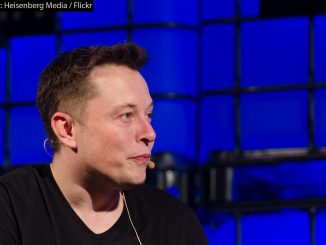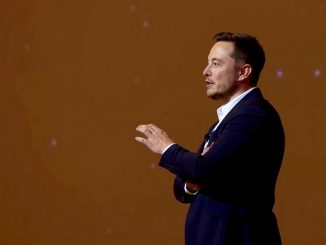Elon Musk, the influential entrepreneur behind Tesla (TSLA) and SpaceX, is often seen as a visionary whose ambitions extend far beyond the confines of Earth. In a revealing conversation with @AutismCapital, investor and thinker Naval Ravikant shared insights into Musk’s motivations that underline his authenticity and singular focus on achieving the seemingly impossible.
🚨Naval Ravikant on Elon Musk:
"Elon is the real deal. There's a story I read about him that affected me. Bill Gates had just taken out a big short on Tesla and Elon said 'Why would you do that?' Bill said he spoke to his financial advisors and they said it made sense. Elon said… pic.twitter.com/LwqPuH9rAp
— Autism Capital 🧩 (@AutismCapital) November 9, 2024
Musk’s interaction with Bill Gates, as recounted by Ravikant, provides a poignant example of his disdain for what he perceives as misaligned priorities among even the most influential figures in tech. When Gates shorted Tesla stock, Musk confronted him, questioning the billionaire’s rationale for seeking more wealth when he could leverage his resources for greater environmental impact. Musk’s reaction, walking away in disgust and subsequently cutting off communication with Gates, highlights a purity of purpose rare in the corporate world. For Musk, money isn’t the end goal; it’s merely a means to realize his grand vision.
Elon Musk’s ultimate ambition isn’t to be remembered as the CEO of Tesla, nor as the savior of American industry through innovation. Instead, his legacy is tied to the stars. Ravikant emphasized Musk’s genuine intent to colonize Mars, stating that this isn’t a quixotic dream but a tangible objective with a deadline. Musk’s drive to achieve this isn’t about accolades or historical remembrance; it’s about fulfilling a deep-seated need to turn his science fiction-like visions into reality.
This conversation sheds light on Musk’s perspective on governmental bureaucracy as well. According to Ravikant, for Musk, governmental entities often appear as obstacles to innovation rather than facilitators. His frustration with regulatory hurdles is not just about impatience but stems from a desire to bypass what he sees as unnecessary constraints to reach his goal of making humanity a multiplanetary species.
Musk’s approach to his ambitions is marked by an extraordinary level of commitment. He isn’t content with incremental progress; he seeks quantum leaps. His vision of colonizing Mars isn’t just about escaping Earth’s potential demise but about expanding human consciousness and capability into the cosmos. This aspiration fuels his companies, where each innovation, whether it’s in electric vehicles or reusable rockets, serves as a stepping stone towards that overarching goal.
In essence, Elon Musk’s story, as articulated by Naval Ravikant, portrays a man driven by a vision that transcends conventional business success. His mission is to extend humanity’s reach, not just in terms of geographical expansion but in existential scope, making the vastness of space not just a frontier to explore, but a new home to inhabit. For Musk, the stars are not the limit; they are the destination.
- Bulenox: Get 45% to 91% OFF ... Use Discount Code: UNO
- Risk Our Money Not Yours | Get 50% to 90% OFF ... Use Discount Code: MMBVBKSM
Disclaimer: This page contains affiliate links. If you choose to make a purchase after clicking a link, we may receive a commission at no additional cost to you. Thank you for your support!




Leave a Reply